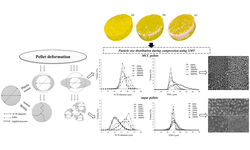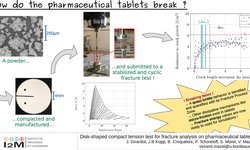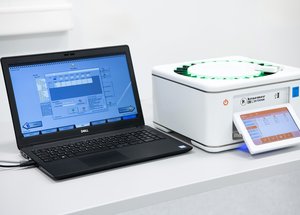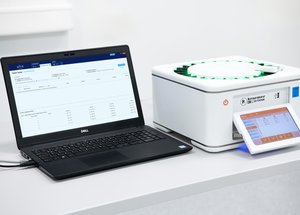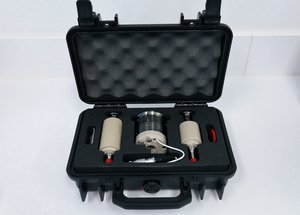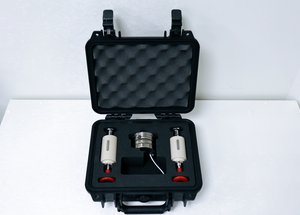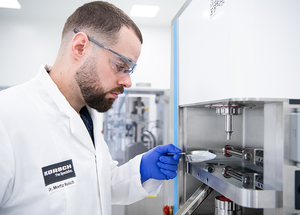Scientific papers
The objective of this study was to transition from a high shear granulation (HSG) process to a twin-screw granulation (TSG) process while ensuring comparable dissolution profiles. Ibuprofen (IBP) was utilized as a model drug with poor solubility. Granules were generated through either HSG or TSG based on a full factorial design. The factors considered were the liquid-to-solid ratio and wet massing time (for HSG) or powder throughput (for TSG). Subsequently, the granules were compressed into tablets with a drug load of 50% (w/w) and immediate release characteristics. Various quality attributes (QAs), particularly granule strength (GS), were assessed for both granules and the resulting tablets. Statistical analysis was applied to examine the impact of process parameters on the QAs. A comparison between tablets produced via HSG and TSG revealed that TSG tablets exhibited higher tensile strength and lower ejection force than their HSG counterparts. Dissolution profiles of the tablets in different pH media were also scrutinized. By adjusting process parameters, equivalent dissolution profiles were achieved across all four media (e.g., f2 values ≥ 54 at pH 5.5). It was deduced that GS stood out as the most critical QA influencing dissolution.
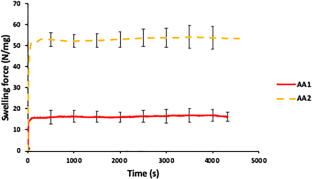
Comments
No comments posted yet.
Add a comment

